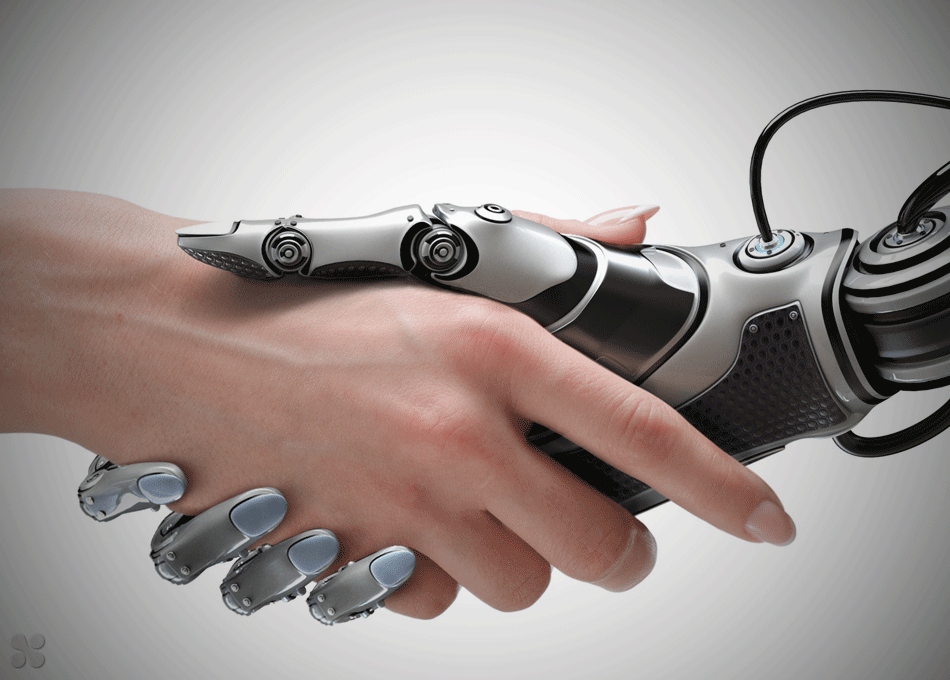The Artificial Intelligence nowadays
Nowadays, AI has many applications and is already present in our daily life, just think about voice recognition systems of electronic devices or security systems. Very popular is also the testing of AI on vehicles: equipped with intelligent systems, they are able to drive without a human conductor, thanks to specific cameras and sensors that, just like human eyes and ears, perceive everything while driving and are able to make decisions.
What is the future scenario about Artificial intelligence and related applications? We talk about it in this post: 7 PREDICTIONS ON THE FUTURE OF ARTIFICIAL INTELLIGENCE AND MACHINE LEARNING


